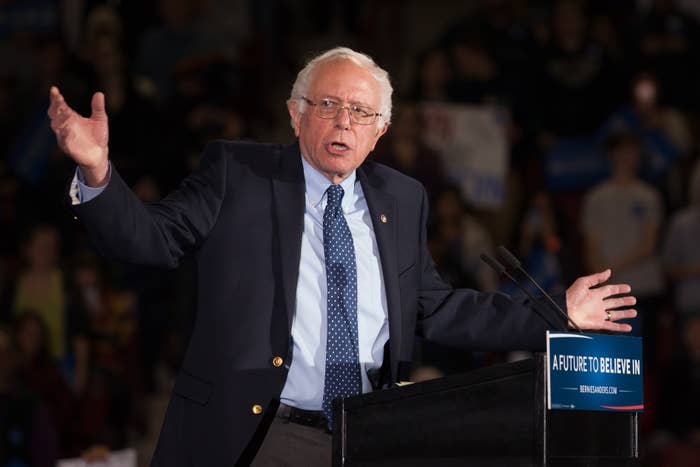
March 1 is the first Super Tuesday — when Democrats in 11 states will weigh in on the nomination fight between Bernie Sanders and Hillary Clinton.
Alabama, Arkansas, Colorado, Georgia, Massachusetts, Minnesota, Oklahoma, Tennessee, Texas, Vermont, and Virginia will all hold Democratic primaries or caucuses.
Also Democrats in American Samoa will vote, as will a group of American Democrats living overseas called Democrats Abroad.
Overall, it's a good map for Clinton. Even Sanders supporters agree that's true.
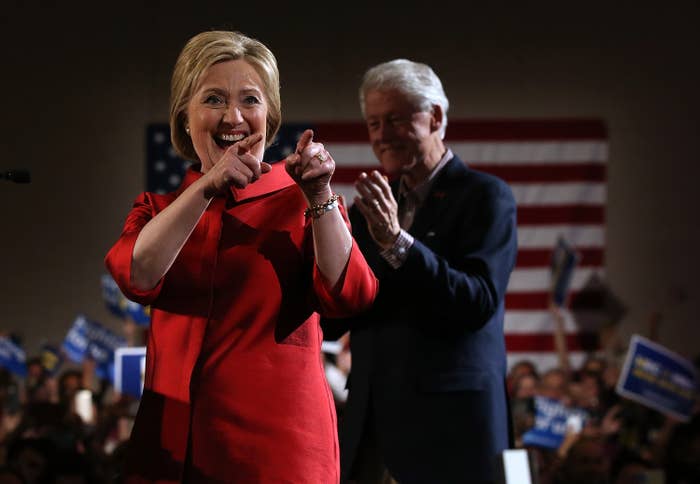
Southern states with larger populations of black Democratic voters are expected to go her way, and she's had at least some operations on the ground in other states for a while.
But Sanders sees a chance possibly to win five of the Super Tuesday states — Colorado, Massachusetts, Minnesota, Oklahoma, and Vermont.
Publicly and privately, aides talk about these five states as places where Sanders could win on Super Tuesday. He's already started his campaigning there in earnest: On Monday, he hosted a big rally in Amherst, Massachusetts.
The Sanders campaign points to polling data showing the five as competitive. BuzzFeed News asked Joe Dinkin, a top official at the progressive Working Families Party, to explain a bit about why each state could be in play for Sanders on Tuesday. The WFP backed Sanders early and has been working to bolster his campaign, tapping into its grassroots network of progressives to raise money and organize for Sanders.
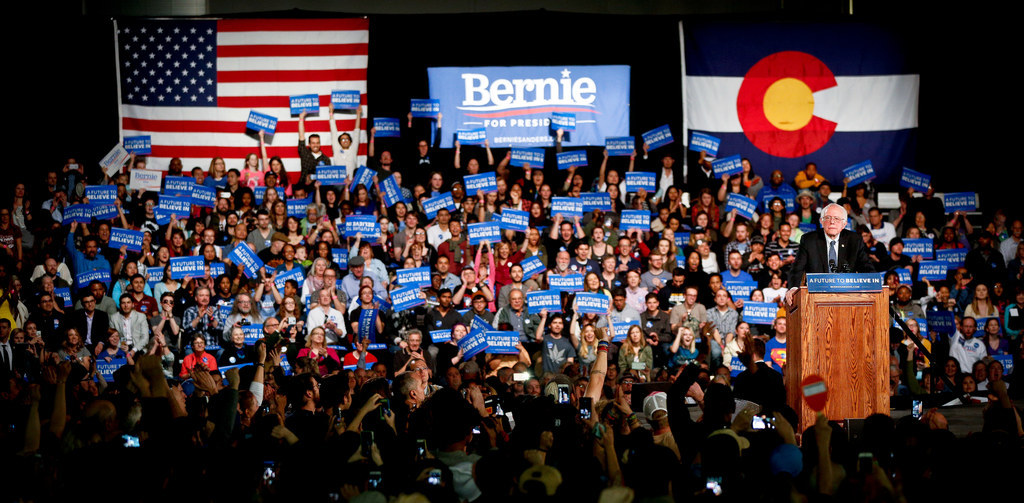
Colorado
Colorado is a caucus state, which in theory means that only the most rabid Democratic voters will participate. At the start of the nomination season, that was thought to be good news for Sanders, but results for him in caucus states have been mixed — he battled Clinton to a virtual tie in Iowa, but lost in Nevada. His biggest win came from the traditional primary in New Hampshire.
Sanders allies say the state's makeup is a good look for Bernie. He hosted a huge rally in Denver on Feb. 13 — 18,000 showed up to hear him speak at a convention center — and allies say he's got momentum there.
"Colorado has a big constituency of progressives and a big constituency of Latinos," Dinkin said. "Progressive Democrats are a place where Sen. Sanders can do well and, after Nevada, I think Latino voters are a constituency where you can expect Sen. Sanders to be very, very competitive."
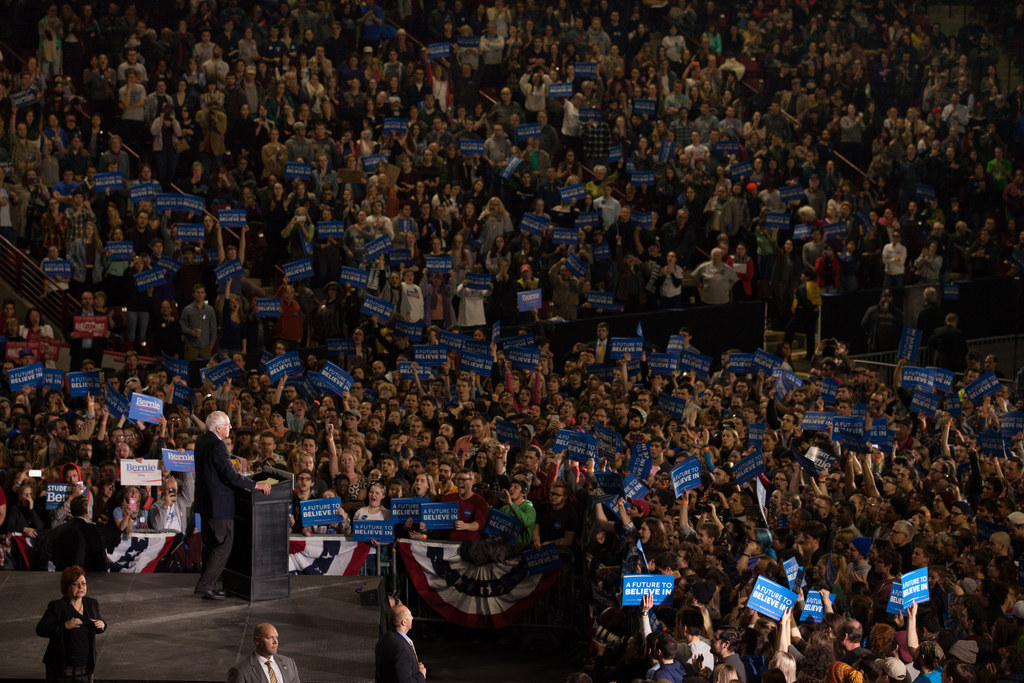
Massachusetts
Two words: Elizabeth Warren.
The Massachusetts senator and progressive icon has not endorsed in the nomination contest — a result that some Sanders supporters say is a victory in itself for their guy.
"In Massachusetts, Elizabeth Warren is extremely popular and I think in a lot of ways Sanders reads from the same playbook as Sen. Warren, talking about the way that the economy is rigged and the political system is rigged for the top 1%," Dinkin said.
Sanders' message will resonate in Massachusetts, Dinkin said, "because people have been hearing it from an extremely popular Sen. Elizabeth Warren."
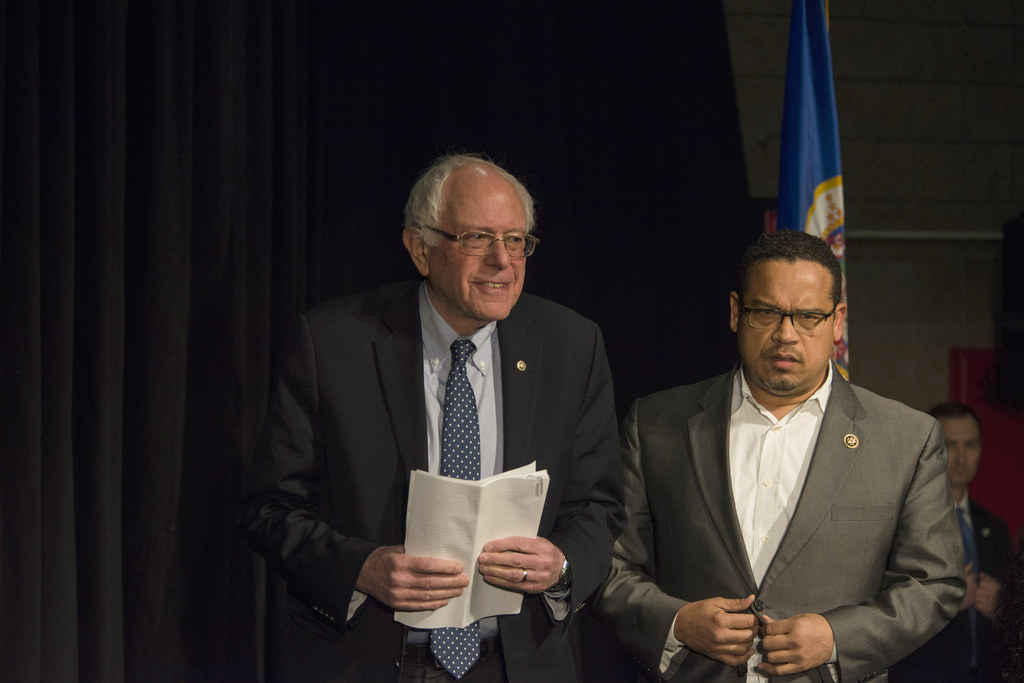
Minnesota
It's a very blue state, and it's home to one of Sanders' most prominent endorsers — Minneapolis-area Rep. Keith Ellison, one of the most liberal Democrats on Capitol Hill. Sanders has hosted a number of huge rallies in Minnesota, and allies say the caucuses there are basically a perfect moment for Sanders to do well.
"A state with a deep progressive fabric," Dinkin said. "Minnesota's governor [Mark Dayton] is one of the more progressive governors in America, and is somebody who has balanced the budget by raising taxes on the rich, is for raising the minimum wage, expanding public education. It's been one of the biggest progressive success stories."
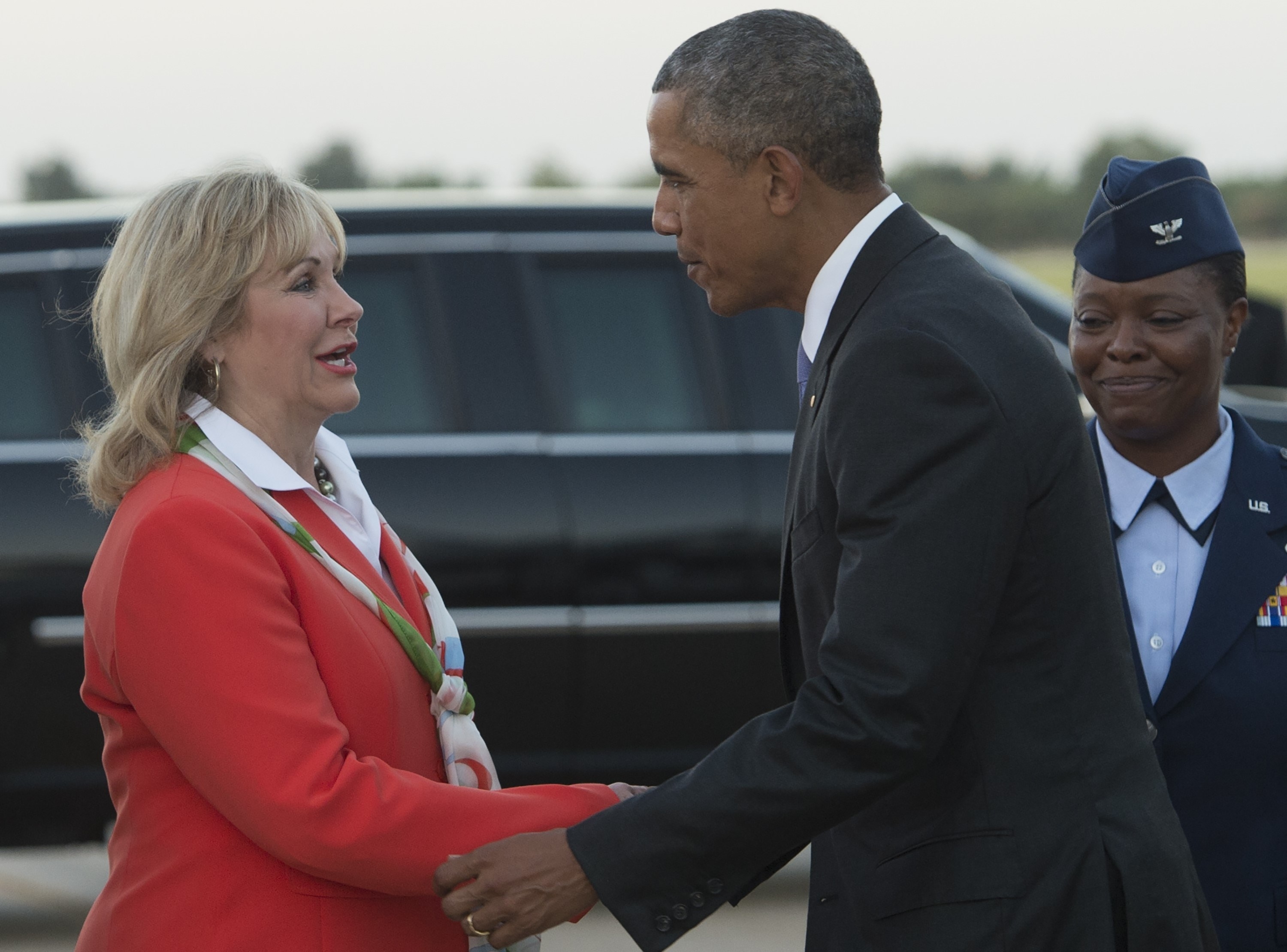
Oklahoma
It's a deeply red state, but one where Democrats have sought to find common ground with Republicans for a while now. In 2015, President Obama visited a federal prison in Oklahoma — the first such visit by a sitting president — and spoke at length about criminal justice, an area where progressives and conservatives are working together across the country.
Sanders allies see Oklahoma as a place where Sanders can make inroads with a working-class primary electorate that may often vote for the GOP in a general election.
"An interesting attribute of Sanders' electorate is he tends to do well among lower-income voters," Dinkin said. "Oklahoma is a pretty working-class state where there are large numbers of people who have been feeling very alienated, very left out of an economic recovery that has the economy feeling a lot better in places like D.C., New York, and San Francisco and not feeling a lot better in places like Michigan and Oklahoma."
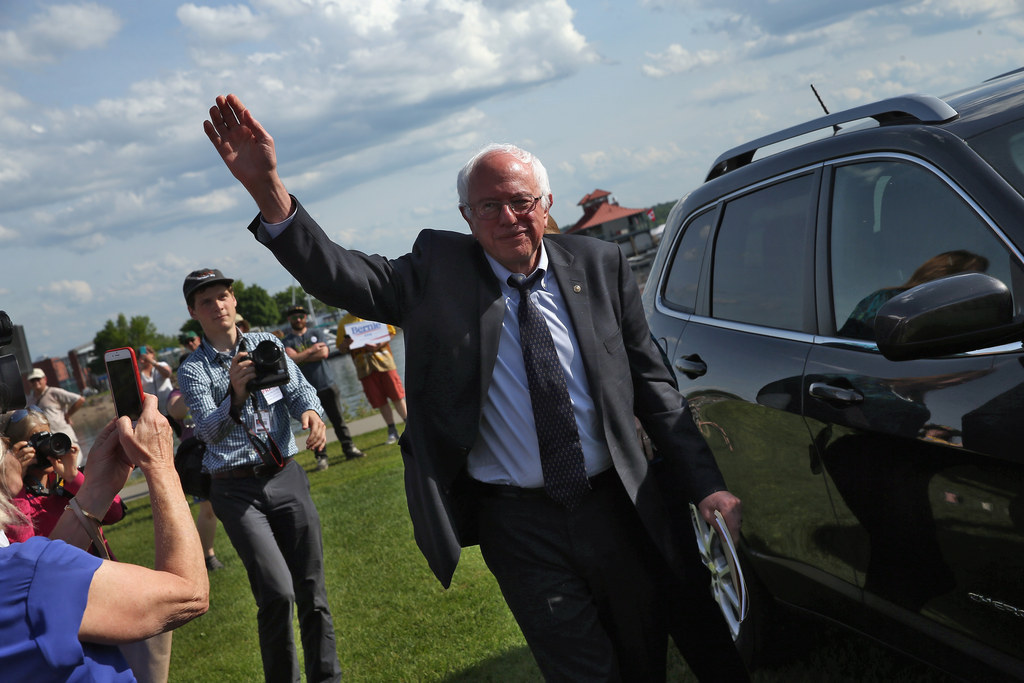
Vermont
Duh.
"I think the home state advantage thing from New Hampshire was pretty overplayed. But Vermont is actually his home state," Dinkin said. "He can reasonably expect to do well there."
